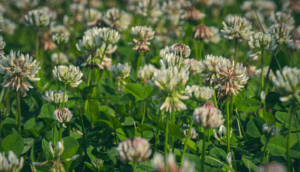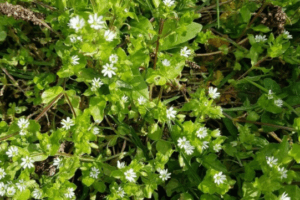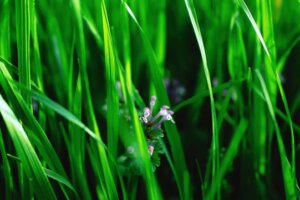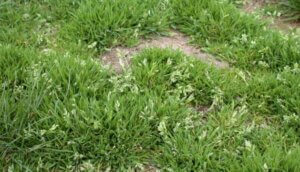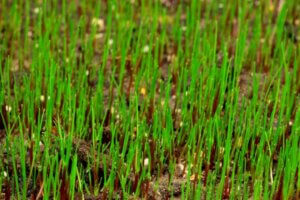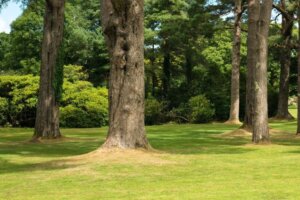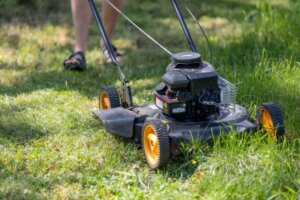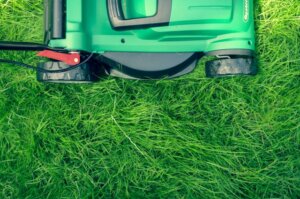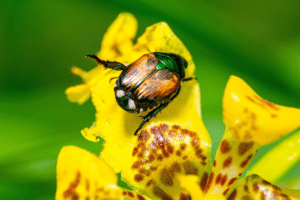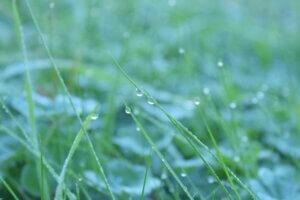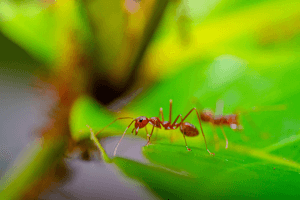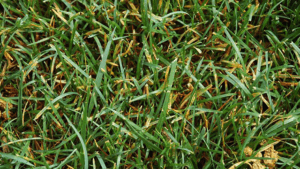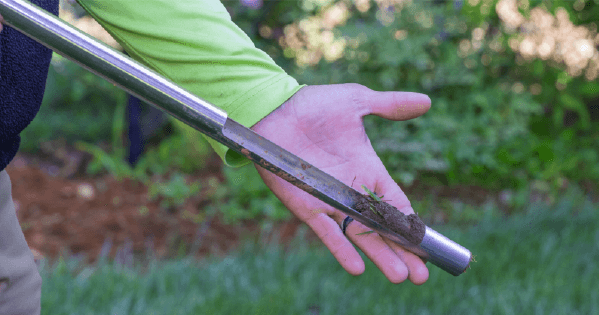Simply Green Blog Posts
Clover is not always good luck
Clover is often considered a weed in lawns and gardens where it is not intentionally cultivated. In agricultural contexts, it is a beneficial cover crop because it adds nitrogen to the soil. To the Georgia homeowner, however, clover is an undesirable ground cover that gives an uneven appearance to a lawn’s manicure. What is…
Read MoreTime to tackle chickweed is now
The common chickweed is an invader of Georgia lawns and gardens. Its girth can crowd out healthy vegetation including grasses and plants, so it’s important to address it quickly. What is chickweed? Chickweed is a common, low-growing herbaceous plant with numerous branched stems that is often considered a weed in many gardens and lawns.…
Read MoreDon’t let Henbit become a habit!
Henbit is a relative of the mint plant and is considered a salad green or herb for cooking in some European and Asian cultures. In the U.S., however, Henbit is not regarded worthy of the dinner plate. It is considered a common annual broadleaf weed that spreads by seed and germinates in fall or…
Read MoreBattling Poa Takes Patience and Persistence
Don’t be fooled by the silky texture and bright green color of Poa Annua (aka annual bluegrass). And beware of thinking too highly of the light green, glossy leaves of Poa Trivialis (a perennial grasslike plant). While they can be attractive, the old adage “looks can be deceiving” has never been truer. Poa Annua…
Read MoreImportance of Seeding and Aerating Your Fescue Lawn in Late Summer
It’s Time to Seed and Aerate Your Fescue Lawn Fescue grass is a cool-season turfgrass variety that is commonly cultivated in lawns across Georgia. Its two primary types are Tall Fescue and Fine Fescue, which are known for their resilience and ability to thrive in varying climatic conditions. Fescue grasses are favored for their…
Read MoreWeeds as Indicators
A healthy lawn starts with healthy soil. Healthy soil consists of roughly 50% pore space (25% water, 25% air), 45% minerals (sand, silt, clay), and 5% organic material. When pore space is reduced, compacted soil is left with very little organic material resulting in an unhealthy lawn that not only looks poor but cannot…
Read MoreMowing Tips for a Healthy Lawn
Neglecting to mow the lawn on a weekly basis during the spring, summer and early fall is a big mistake for Georgia homeowners to make. Steady sunshine and an unpredictable amount of rainfall means grass will grow at a much faster pace than any other time of year. With this in mind, develop a…
Read MoreTop Benefits of Mowing Your Lawn Weekly
Are you enjoying a healthy, lush, green lawn this summer that feels great beneath your bare feet? If the answer is no, then improper mowing may be the problem. To restore optimum health and appearance to your lawn, put your grass on a weekly mowing regimen. How does mowing the grass weekly improve the…
Read MoreJapanese Beetles – Plant Destroyers
Japanese Beetles come from Northern Japan. They made their first appearance in the United States back in 1916, and populations of this pesky insect have been spreading West ever since. This beetle likes warm and humid weather, so Georgia property owners should be aware of their effect on lawns and gardens this summer. Japanese Beetles…
Read MoreComplete Guide to Liquid Aeration For Your Lawn
Is the soil in your lawn hard to the touch? Does the grass feel spongy when you walk on it? Does it dry out easily? If the answer to any of these questions is yes, then it’s time to aerate your lawn. A newer method of aerating your Georgia lawn is Liquid Aeration. The application…
Read MoreFired Up About Fire Ants?
One of the biggest threats to a beautiful Georgia lawn is the presence of fire ants. Simply Green Lawn Care Plus experts fight this battle alongside homeowners to clear their yards of these pests and the ugly mounds they create as they dig tunnels for their colony beneath the ground. Continue reading to learn more…
Read MoreDusty Rusty Grass
What is that rusty yellow-orange hue on the surface of your grass? Take a closer look, but be careful not to step on it. If it gets on your shoes, it will spread to healthy areas of your lawn, and before you know it, your entire lawn could change color. The culprit is Lawn Rust…
Read More
